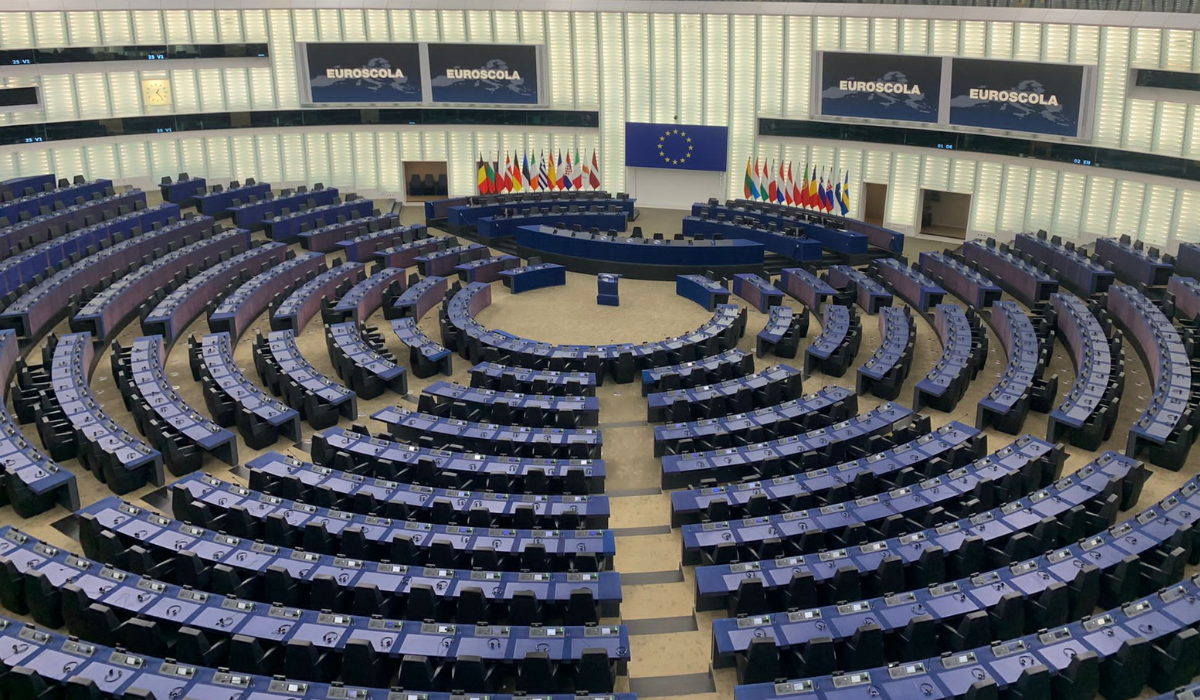Dr Liam Saddington co-publishes on the Model UNPO, a simulation exercise designed to support the teaching and learning of global governance and geopolitics.
Dr Liam Saddington, Lucy Cavendish College’s Director of Studies in Geography, and Dr Fiona McConnell, Professor of Political Geography at the University of Oxford, collaborated on the Model UNPO, a project designed to support the teaching and learning of global governance and geopolitics in schools. Their work has been featured in the 2023 Spring Edition of Teaching Geography.
The state has come to dominate understandings of geopolitics: political maps of the world consist of neatly coloured-in state units, and state leaders dominate international headlines. However, those who are most acutely affected by conflict, human rights abuses and environmental injustices are often not represented by state interests.
The ‘Model UNPO’ (Unrepresented Nations and Peoples Organization - an international organisation established to facilitate the voices of unrepresented and marginalised nations and peoples worldwide) is a role-play debating exercise on issues of human rights, conflict resolution, and environmental justice that is loosely based on Model UN simulations.
However, instead of students being assigned roles as representatives of states and enacting UN meetings they are designated roles as representatives of stateless nations, indigenous peoples and minority communities. Students research their assigned non-state actor in advance of the exercise, and then come together to simulate a debate of the UNPO’s General Assembly.
Engaging students with issues facing some of the most marginalised communities in the world, the ‘Model UNPO’ role play encourages them to think differently about equality and diversity in the global governance system.
Aimed at Year 12 and Year 13 students the resources address key elements of the Geography A-level curriculum (e.g. on global systems and global governance, global interdependence, inequality, injustice, diversity, citizenship). They also offer an opportunity for the development of self-confidence, and public speaking and debating skills. Resources are available here.
Liam says, “It is really exciting to see this article published. It offers guidance to teachers on how to use these materials within their schools, based on our experience of running the sessions over the last few years. The session gets students thinking critically about the international community and some of the most marginalised communities. It is fantastic to see young people thinking about how issues around self determination affects communities such as the Tibetans.”
He is currently undertaking research looking at how geopolitics is taught in schools. If you are interested in being involved in this research, please get in touch with Liam - lrs46@cam.ac.uk
Hear about the project directly from Liam:
About the authors
Dr Liam Saddington is a Teaching Associate in Human Geography at the University of Cambridge and a Fellow and Director of Studies in Geography at Lucy Cavendish College, Cambridge. His research focuses on the geopolitics of climate change concerning small island states and rising sea levels, exploring how the relationship between territory and statehood is being reimagined in low-lying atolls.
Dr Fiona McConnell is Professor of Political Geography at the University of Oxford, and Tutorial Fellow in Geography at St Catherine’s College, Oxford. Her research looks at how communities officially excluded from formal state politics are nevertheless engaging with aspects of statecraft. She has undertaken research on the Tibetan Government-in-Exile in India, and worked with the Unrepresented Nations and Peoples Organisation on the barriers faced by stateless communities in engaging with diplomacy, particularly at the UN, and the innovative strategies they use to make their voices heard.




